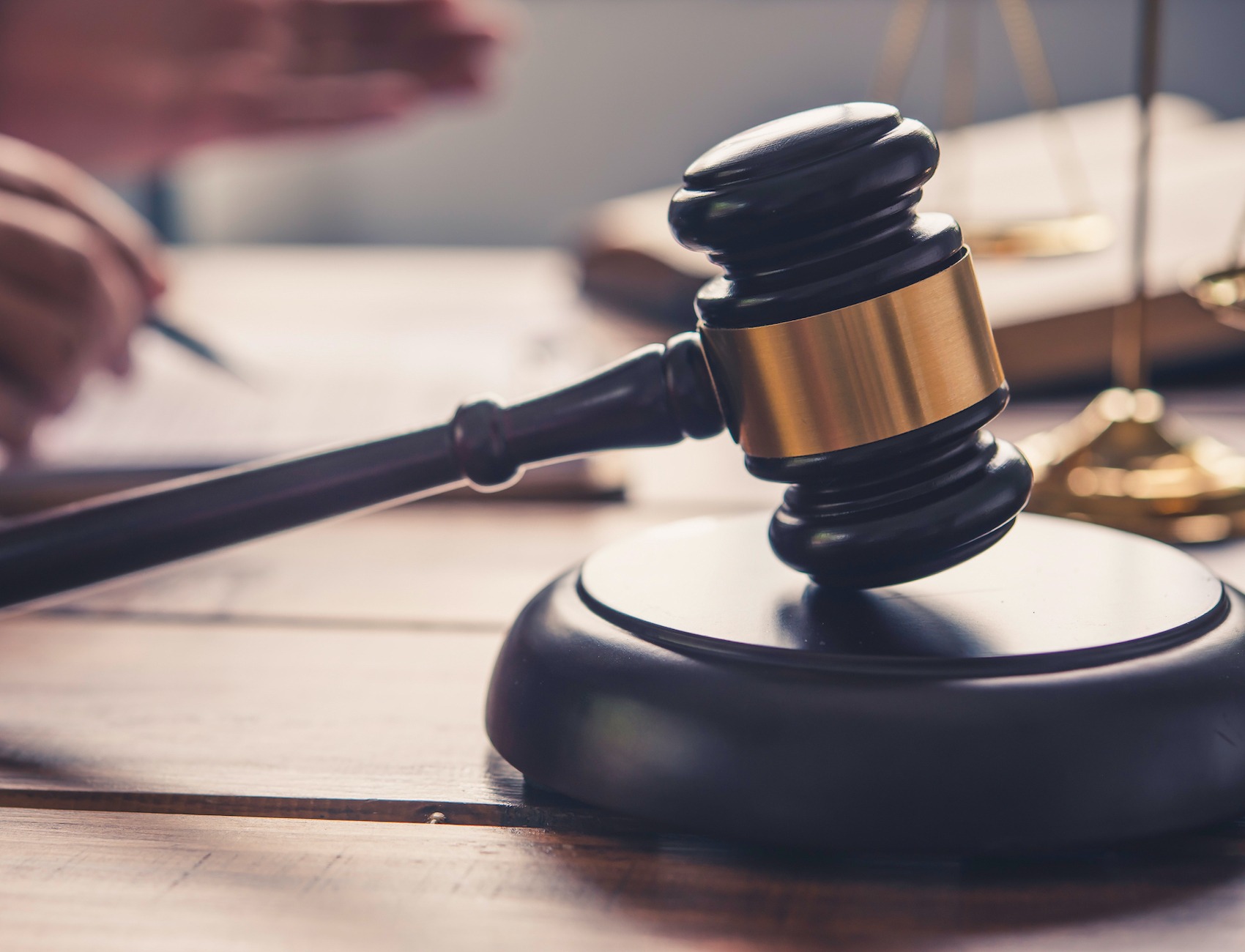Despite Risk of Spreading Virus, Judges Continue to Impose Cash Bail in Pennsylvania
In Northampton County, advocates say the practice is putting the people charged for minor offenses, and the broader community, in danger.

On March 10, officials in Northampton County, Pennsylvania, announced that visitors and volunteers would no longer be allowed inside the county jail. The decision was made to prevent the spread of COVID-19 inside and outside the jail.
But judges continue to order people held on cash bail, including people most at risk of contracting the virus and those charged with petty offenses.
Jongho Yang, 71, was arrested on Friday after a witness saw him urinating in a bush near a bus stop.
The officer charged him with misdemeanor open lewdness and summary disorderly conduct because he said his actions could have been seen by others who would have been “affronted or alarmed.”
Magisterial District Judge Douglas Schlegel set bail at $2,500 and the man was taken to Northampton County Prison because he couldn’t pay.
Cash bail is intended to guarantee that the person charged will show up for required court hearings. But the charges against Yang were considered “non-extradition,” according to the criminal complaint, meaning that even if he were to not appear as directed, police and prosecutors would not actively seek to bring him to court from another jurisdiction.
“It shows how little interest the county does or would have in a case like this,” Mark Houldin, a Pennsylvania defense attorney and policy consultant, told The Appeal.
Yang’s bail was modified Monday to require only a 10 percent deposit. He was released later that day, after someone posted $250, according to court records.
“We weren’t in the room for that [bail] hearing, but I can’t think of what would have possibly led to that determination, especially [given] the state of emergency we’re in,” Houldin said.
If Yang posed a serious threat to public safety, Houldin said, the judge would have denied bail. In other words, there was no immediate reason to hold him at the jail.
The Appeal reviewed all criminal charging dockets filed in Northampton County since March 10 and found at least 19 cases, including Yang’s, where judges set cash bail. In 12 of those cases, the person charged faced no higher than a misdemeanor and only one person was charged with a violent felony. The largest portion of cases involved petty theft charges.
Wilson Borough police arrested a New York woman on March 10 and charged her with misdemeanor trespass. Magisterial District Judge Richard Yetter set her bail at $2,500, and the woman was held in Northampton County Prison overnight before someone posted the 10 percent deposit required for her release.
On March 11, a 31-year-old man was arrested for possession of a small amount of marijuana by Bethlehem City Police and held in the county jail for two days after Schlegel set his bail at $2,000.
Palmer Township Police arrested a 67-year-old man on Sunday and charged him with misdemeanor retail theft after he was accused of stealing an impact wrench and two Ring doorbells form Home Depot. Yetter set bail at $7,500 with the possibility of release after posting a 10 percent deposit. Because he was unable to pay, the man was taken to the county jail where he was held overnight. He was released the following day after someone posted a deposit.
Officials from Northampton County Prison declined The Appeal’s request for comment.
Northampton is one of nearly 20 counties in Pennsylvania with a confirmed case of COVID-19. On Wednesday, a 55-year-old man in Northampton County became the first person to die from the virus in Pennsylvania.
Since March 10, more than 20 people have been arrested, charged, and had cash bail imposed in Montgomery County, which is the epicenter of COVID-19 in Pennsylvania. Eight of the cases were misdemeanors and seven involved low-level felony theft charges. As of Wednesday night, all but two of the people charged were still being held in county jail.
Alexandra Morgan-Kurtz, managing attorney at the Pennsylvania Institutional Law Project, a nonprofit organization focused on upholding the rights of incarcerated people in the state, told The Appeal that the conditions in jails and prisons intensify the spread of infectious diseases through overcrowding and lack of proper medical care and sanitation.
“Eliminating cash bail and reducing the use of incarceration, especially for low-level offenses, would be a highly effective method to reduce the threat of COVID-19 to these populations, their families, and the community members who work in these facilities,” she said. “Keeping people in jail who are innocent in the eyes of the law, solely because they can’t afford to pay their way out, puts all incarcerated people—and all of us—at greater risk.”
Other counties and cities across the country have taken a more aggressive approach to deal with the spread of COVID-19 in jails. On Monday, officials in Cuyahoga County, Ohio, announced it planned to release up to 300 people from its jail. Charlottesville, Virginia, officials planned to reduce the local jail population by 10 to 15 percent through early release, release without paying cash bail, and home monitoring.
Philadelphia Police Commissioner Danielle Outlaw instructed officers Tuesday to make no low-level or drug arrests. District Attorney Larry Krasner said Monday that his office would only seek pretrial incarceration for people charged with violent felonies and in cases where people pose a risk to public safety.
“It certainly seems that local jails especially are not taking seriously the incredible risk that spread within the jail poses to both the people who are forced to live there and are serving minor sentences,“ Houldin said. “In both cases, they are a population of people who could be safely released.”
“This shows complete recklessness and complete lack of preparation,” he added.
